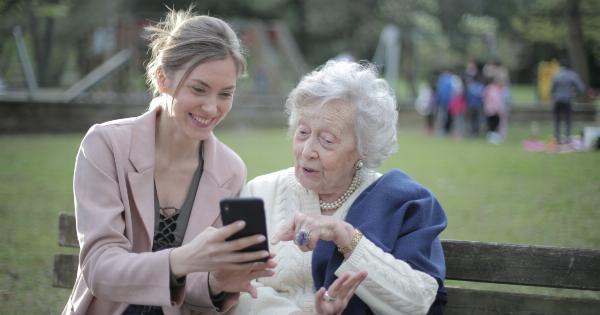A healthy relationship brings about happiness, comfort, and joy to both parties involved. However, when a relationship takes a negative turn, it can lead to struggles that can affect mental and physical well-being.
Unfortunately, some relationships can even become toxic, causing significant harm to the involved parties. According to research studies, individuals who struggle with their relationships are exposed to increased risks of early death due to various causes.
In this article, we delve into the most vulnerable duos in struggling relationships and how these relationships lead to early death.
How Relationships Struggles weaken health
Relationship struggles can take a heavy toll on both mental and physical health. When a relationship is strained, individuals may develop anxiety, depression, and stress.
These mental issues can lead to physical health problems such as heart disease, hypertension, and diabetes. Anxiety, depression, and stress can lead to an imbalance in the brain’s chemicals, such as cortisol, epinephrine, and norepinephrine, which can cause disruptions in bodily functions and increase inflammation.
Depression, for example, affects the immune system, making it difficult for the body to fight infections, making individuals susceptible to illnesses.
Stress, on the other hand, causes the body to release cortisol, a hormone that increases heart rate and blood pressure, which can lead to hypertension and heart disease.
In addition to mental and physical health problems, struggling relationships can also lead to reckless behavior such as excessive smoking, drinking, and substance abuse. These behaviors, in turn, increase the risk of premature death.
Most Vulnerable Duos Relationships
Individuals in certain relationships face higher risks of premature death than others. These relationships have one common denominator – they experience a high degree of conflict.
Below are some examples of relationships that face high vulnerability:.
High Stress Marriages
High-stress marriages involve couples that are hostile towards each other and are frequently involved in conflicts. These conflicts can range from minor disagreements to intense arguments, often leading to physical and emotional abuse.
These relationships can lead to anxiety, depression, substance abuse, and other health problems.
Lonely Hearts
Couples who feel emotionally disconnected from each other have a higher risk of premature death as they are vulnerable to illnesses such as depression, anxiety, and stress.
These relationships can lead to destructive habits, such as substance abuse, which in turn can affect physical health.
Widows and Widowers
Individuals who have lost their partners are vulnerable to early death due to the emotional stress of bereavement. These individuals may develop depression, anxiety, and other mental health problems, leading to physical health complications.
Moreover, bereaved individuals may exhibit unhealthy behaviors, such as social isolation and substance abuse to cope with the loss.
Parent-Child Conflicts
Parents and children who have a troubled relationship have a higher risk of early death. These relationships can lead to mental health problems, such as anxiety and depression, as well as physical health problems, such as hypertension and heart disease.
Moreover, these relationships can lead to destructive behavior, such as substance abuse and eating disorders, which can harm physical wellbeing.
Growing Apart
Couples who grow apart and lose the emotional connection that once bound them are at risk for early death due to emotional and physical stress.
Physical stress can result from the psychological repercussions of the separation, such as anxiety and depression, which can lead to physical health problems. Moreover, these relationships can lead to substance abuse, which can negatively impact both mental and physical health.
Conclusion
Struggling relationships expose individuals to various forms of stress that can affect both mental and physical health, leading to an increased risk of early death.
In order to promote good health and wellbeing, it’s essential to foster healthy relationships, build healthy habits, and take care of both mental and physical health.































